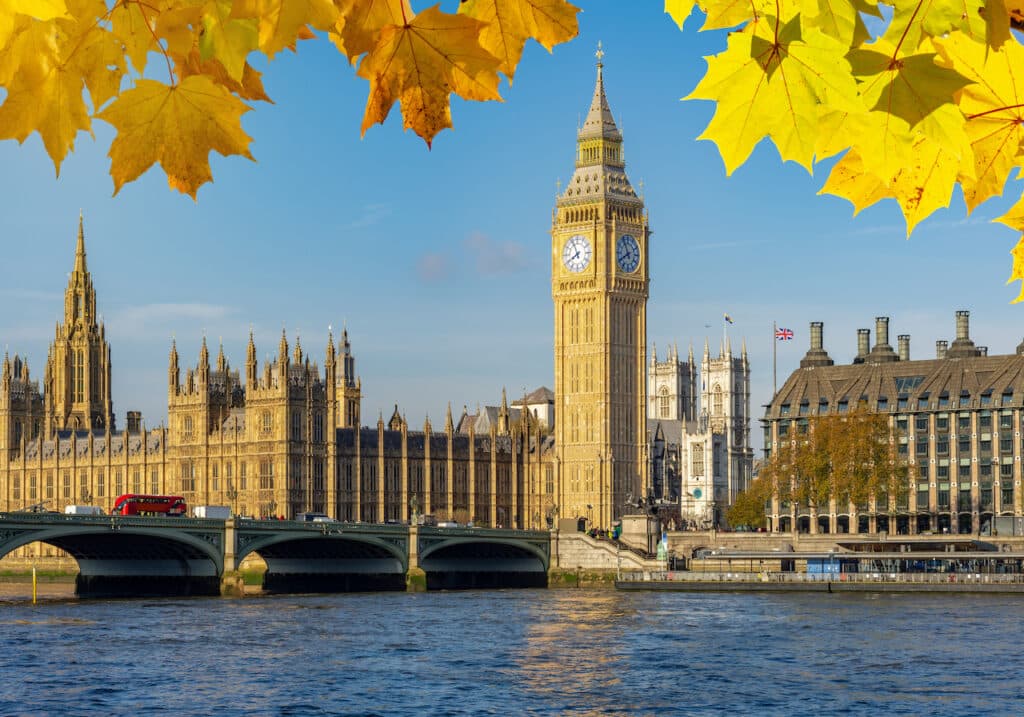If you’re an American opening a bank account in the UK, you’re not alone—many U.S. expats find themselves navigating this process as they settle into life across the pond. Whether you’re moving for work, study, or adventure, banking in the UK can make managing your finances much easier. But what does it really take to open an account as a U.S. citizen? Let’s break down the essentials, address common challenges, and guide you through each step with clarity and confidence.
Can U.S. citizens open UK bank accounts? Eligibility and basic requirements
The good news is yes—U.S. citizens can open bank accounts in the UK. However, the process isn’t always as straightforward as it might be for UK residents. UK banks are generally open to Americans, but they must comply with strict regulations, including anti-money laundering laws and U.S. tax reporting requirements (like FATCA). This means you may face a few extra questions and paperwork compared to local applicants.
Eligibility basics for an American opening bank account in UK:
- Age: Most banks require you to be at least 18 years old.
- Legal status: You’ll need to prove your right to live or stay in the UK, such as a visa, residence permit, or proof of employment or study.
- UK address: Many banks require a UK residential address, though some offer options for non-residents or newcomers.
While the process can feel daunting, especially with the added layer of U.S. tax compliance, rest assured that thousands of Americans successfully open UK bank accounts every year. With the right preparation, you can too.
Required documentation and proof of identity for account opening
When it comes to documentation, UK banks are thorough. As an American opening a bank account in UK, you’ll typically need to provide:
1. Proof of identity
- Valid U.S. passport (most commonly accepted)
- UK biometric residence permit (if applicable)
- U.S. driver’s license (sometimes accepted as secondary ID)
2. Proof of UK address
- Recent utility bill (gas, electricity, water)
- Tenancy agreement or mortgage statement
- Council tax bill
- Bank statement from another UK bank (if you have one)
If you’ve just arrived and don’t have a UK address yet, don’t worry—some banks offer “new to UK” accounts or accept a letter from your employer, university, or even your relocation agency as proof of address. Online banks and international banks with a U.S. presence may also be more flexible.
3. Additional requirements for U.S. citizens
Because of U.S. tax laws, you’ll likely be asked for:
- Your U.S. Social Security Number (SSN)
- A completed FATCA self-certification form
This extra step helps the bank comply with international banking regulations, but it’s a standard part of the process for Americans.
Residency status challenges: Resident vs non-resident account options
One of the biggest hurdles for an American opening a bank account in the UK is residency status. Here’s how it can affect your options:
UK residents
If you have a UK address and proof of residency (such as a visa, work contract, or student enrollment), you’ll have access to the full range of personal current accounts at most high street banks. This is the simplest route.
Non-residents or new arrivals
If you’re not yet a UK resident, or you’re still in the process of relocating, your options may be more limited. Some banks offer:
- Non-resident accounts: These are designed for people who don’t have a UK address. They may have higher fees or limited features, but they can be a good starting point.
- International accounts: Large banks like HSBC, Barclays, and Lloyds offer international accounts that can be opened from abroad, sometimes even before you arrive in the UK. These accounts often require a higher minimum deposit or balance.
- Online and app-based banks: Digital banks like Monzo, Starling, and Revolut are popular with expats and may have more flexible requirements, though you’ll still need some form of UK address.
💡 Pro Tip:
If you’re moving for work or study, ask your employer or university if they have partnerships with specific banks—they may be able to help you open an account more easily.
Step-by-step process for opening a UK bank account as a U.S. expat
Let’s walk through the process for an American opening bank account in UK, so you know exactly what to expect:
1. Research your options
Start by comparing banks and account types. Consider:
- Account fees and features
- Accessibility (branches, online banking, mobile apps)
- Requirements for U.S. citizens
- Customer reviews, especially from other expats
2. Gather your documents
Prepare your proof of identity, proof of address, and any additional paperwork (like your SSN and FATCA form). Having everything ready will speed up the process.
3. Apply online or in person
Many banks allow you to start your application online, but you may need to visit a branch to present your documents. Some international banks let you open an account before you arrive in the UK, which can be a huge help.
4. Attend an appointment (if required)
Some banks require a face-to-face meeting to verify your identity and documents. Be prepared to answer questions about your residency, employment, and source of funds.
5. Wait for approval
Approval times vary—some accounts are opened instantly, while others may take a few days or even weeks, especially if additional checks are needed for U.S. citizens.
6. Set up online banking and order your debit card
Once your account is open, you’ll receive your account details and can set up online banking. Your debit card will usually arrive by post within a week.
💡 Pro Tip:
If you’re struggling to meet the requirements, don’t get discouraged. Many expats face similar challenges, and there are always alternative solutions—like online banks or international accounts—to help you get started.
Ready to simplify your UK move? Get expert tax help today
Opening a UK bank account as a U.S. expat is a big step—but it’s just one part of your international journey. Navigating cross-border finances and tax obligations can feel overwhelming, but you don’t have to do it alone. Our team of expat tax experts is here to guide you every step of the way, ensuring you stay compliant and confident, wherever life takes you.
Frequently Asked Questions
-
Can an American open a bank account in the UK before arriving in the country?
Yes, some international banks allow you to open an account from the U.S., especially if you’re relocating for work or study. Check with banks like HSBC, Barclays, or Lloyds for their international account options.
-
What if I don’t have a UK address yet?
Some banks offer “new to UK” accounts or accept alternative proof of address, such as a letter from your employer or university. Online banks may also be more flexible.
-
Are there extra tax reporting requirements for U.S. expats with UK bank accounts?
Yes. As a U.S. citizen, you must report your foreign bank accounts to the IRS if your total foreign balances exceed certain thresholds (FBAR and FATCA rules). The bank will also ask for your U.S. Social Security Number.
-
Can I use my U.S. credit history to open a UK bank account?
UK banks generally do not use U.S. credit history, but having a strong financial background can help. Some international banks may consider your U.S. credit profile.
-
How long does it take for an American to open a bank account in the UK?
It varies by bank and account type. Some accounts are opened instantly, while others may take several days or weeks, especially if additional documentation is needed.

 Connect on LinkedIn
Connect on LinkedIn

